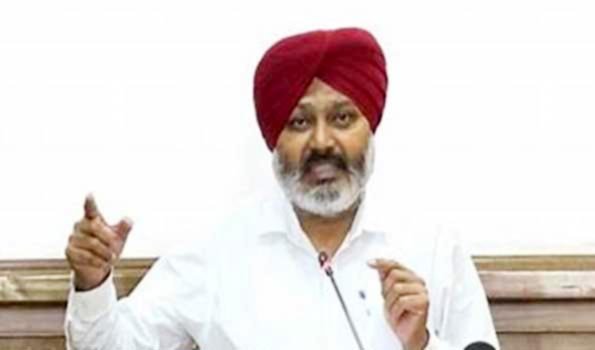Bhopal; Regional Museum of Natural History, Bhopal (A Regional Centre of National Museum of Natural History, New Delhi) inaugurated Temporary Exhibition on “Plant Species for Land Restoration” under LiFE Mission on the occasion of World Environment Day on 5thJune, 2024. Professor Suresh Kumar Jain, Vice Chancellor of Barkatullah University, Bhopal was the Chief Guest and Dr. Subhash C. Singh, Former Regional Director, Central Ground Water Board, Bhopal was the Special Guest of the occasion.
Introduction of Land Restoration, Plant species for Land Restoration likes Black Catechu, Indian Tree of Heaven, Gum Arabic Tree, Indian Rosewood, Black Babul, East Indian Walnut/Black Siris, Cashew Nut, Silver Oak/Silk Oak, Asiatic Mangrove/Loop-root Mangrove, Sonneratia Mangrove, Pongam Oil Tree/ Indian Beach Tree, Indian Tulip Tree, Margosa Tree, East Indian Ebony/Tendu Leaves, Beef Wood/Whistling Pine, Pride of India, Indian Blackberry, Arjunetc. are displayed through the panels in this exhibition.
The Programme began with the lecture cum powerpoint presentation delivered by Dr. Subhash C. Singh on “Land Restoration, Desertification and Drought Resilience” the theme of World Environment Day- 2024. He informed that Saudi Arabia is the host country of World Environment Day this year. He told that universe has made with five elements i.e. Sky, Air, Fire, Water & Earth. Dr. Singh explained that Environment is compose form of all living and non-living things. He detailed about causes of Land Degradation likes salinization, overgrazing, deforestration, soil erosion, excessive use of pesticides & fertilizers. He told that unavailability of water in a particular area for many years is call drought. Dr. Singh informed about importance of water and told that only 3% fresh water and 97% saline water are available on earth. Also he detailed about the importance of ground water and its availability.
The programme was concluded with the vote of thanks proposed by Shri Manik Lal Gupta, Scientist-C & Coordinator of the programme.











